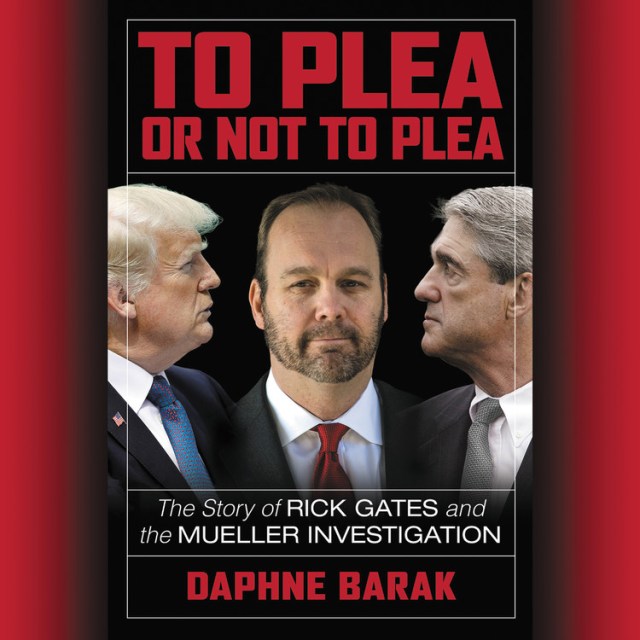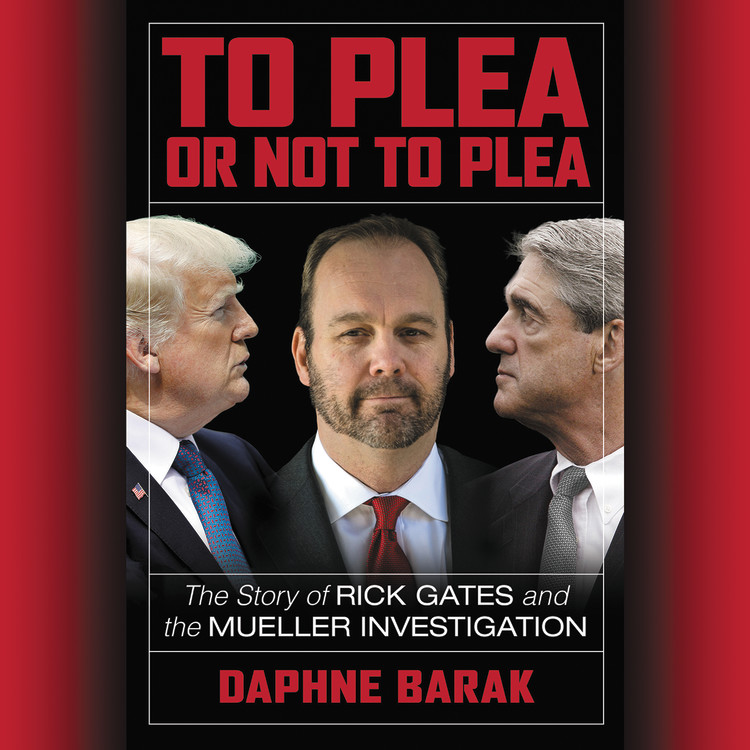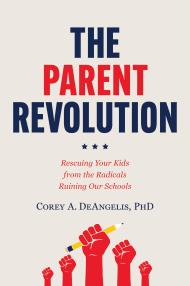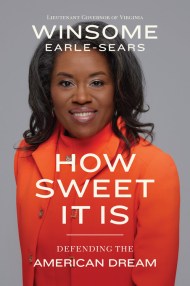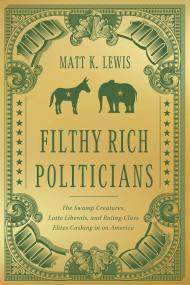By clicking “Accept,” you agree to the use of cookies and similar technologies on your device as set forth in our Cookie Policy and our Privacy Policy. Please note that certain cookies are essential for this website to function properly and do not require user consent to be deployed.
To Plea or Not to Plea
The Story of Rick Gates and the Mueller Investigation
Contributors
By Daphne Barak
Read by Ford Enlow
Formats and Prices
- On Sale
- Oct 29, 2019
- Publisher
- Hachette Audio
- ISBN-13
- 9781549183683
Format
Format:
- Audiobook Download (Unabridged)
- ebook $14.99 $19.99 CAD
This item is a preorder. Your payment method will be charged immediately, and the product is expected to ship on or around October 29, 2019. This date is subject to change due to shipping delays beyond our control.
Buy from Other Retailers:
Daphne Barak reveals why Rick Gates pled guilty in the Mueller probe and the lasting repercussions of this ordeal.
Rick Gates joined the Trump campaign with Paul Manafort, with whom he had worked for some time. In fact, Gates’ first career job was as an intern for Manafort’s firm. So, when the Mueller investigation charged Paul Manafort, they also investigated Gates and eventually Gates took a plea deal.
In TO PLEA OR NOT TO PLEA, Daphne Barak tells the story of Gates’ very positive experience as deputy campaign manager for the Trump campaign and deputy Chairman of the Donald Trump inaugural Committee, followed by the ordeal that Gates has been put through by the Mueller investigation — and why he felt he had to plead guilty to protect himself and his family.
Newsletter Signup
By clicking ‘Sign Up,’ I acknowledge that I have read and agree to Hachette Book Group’s Privacy Policy and Terms of Use
